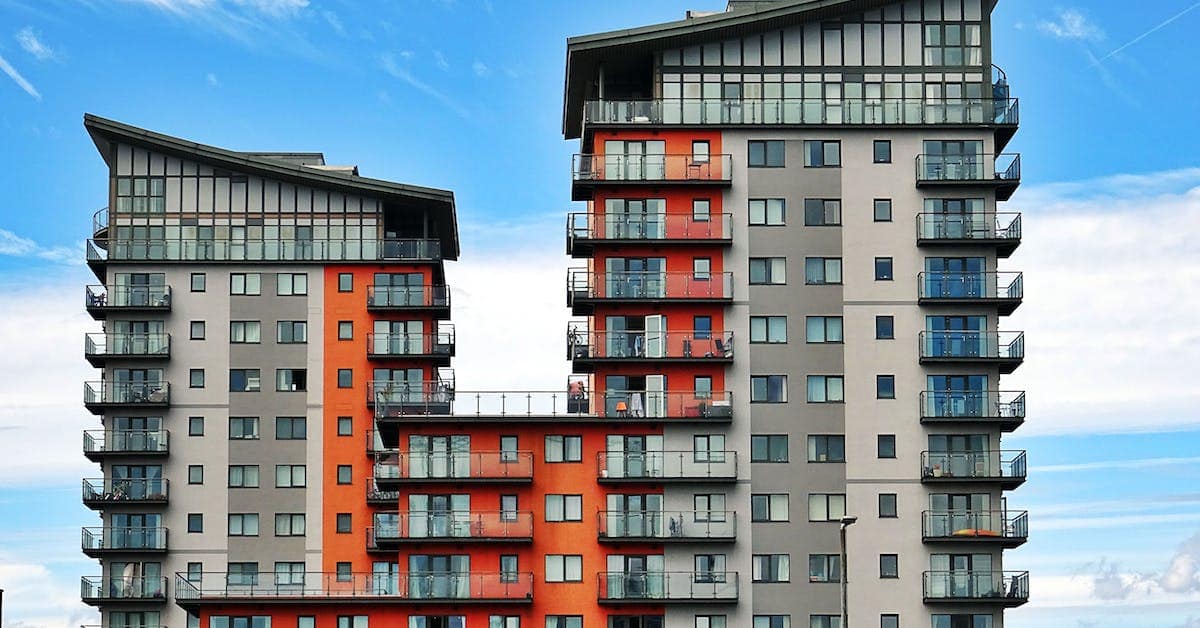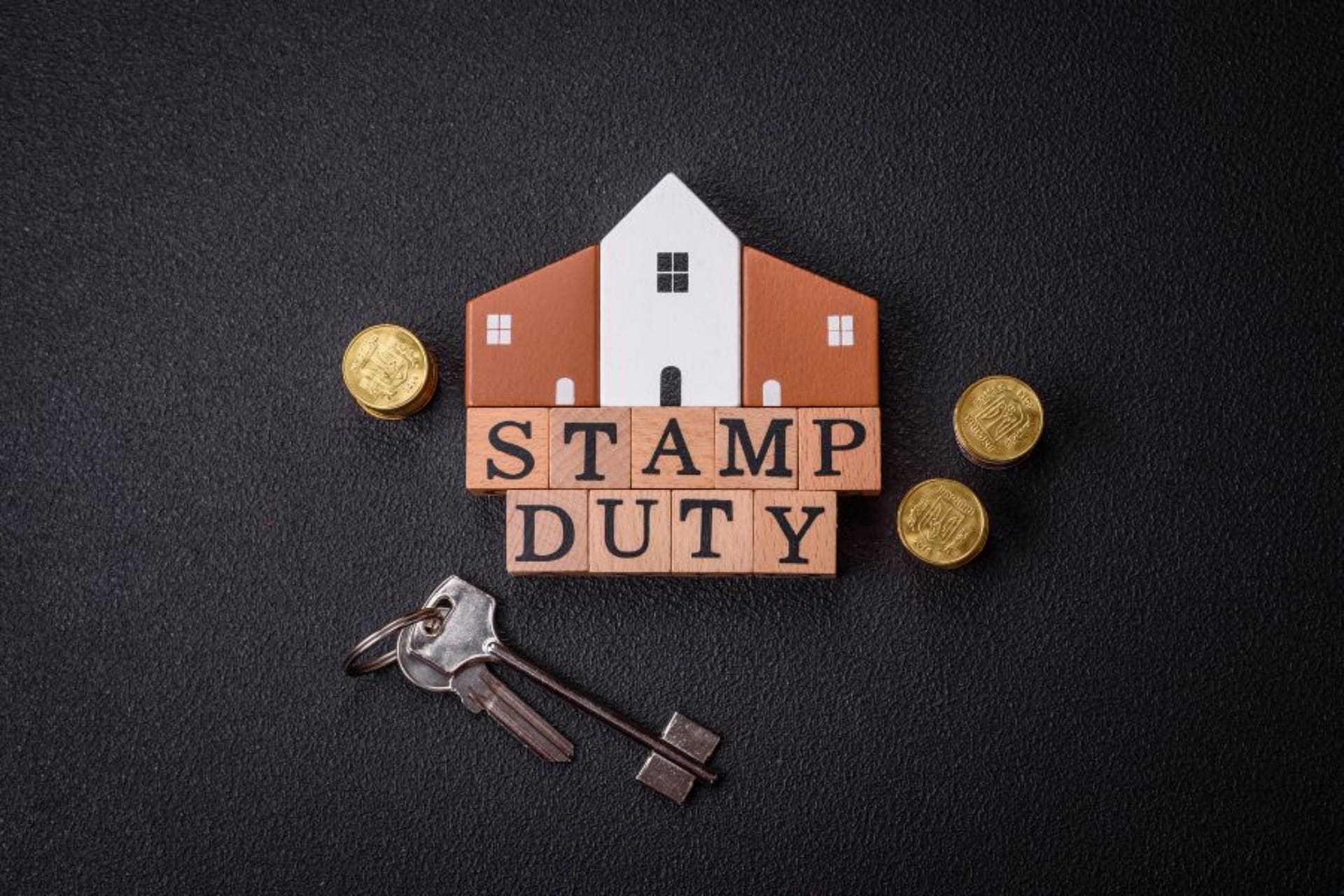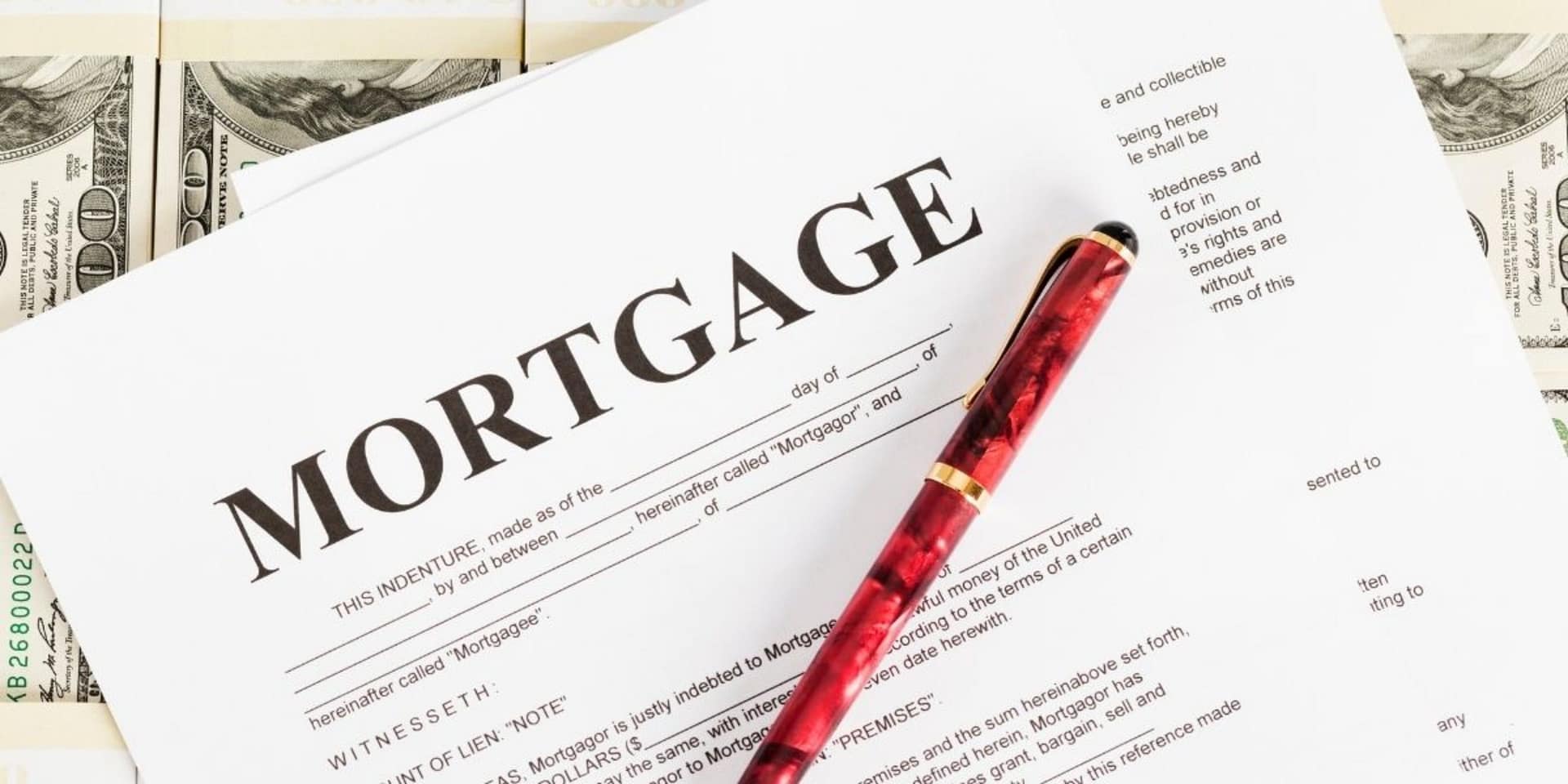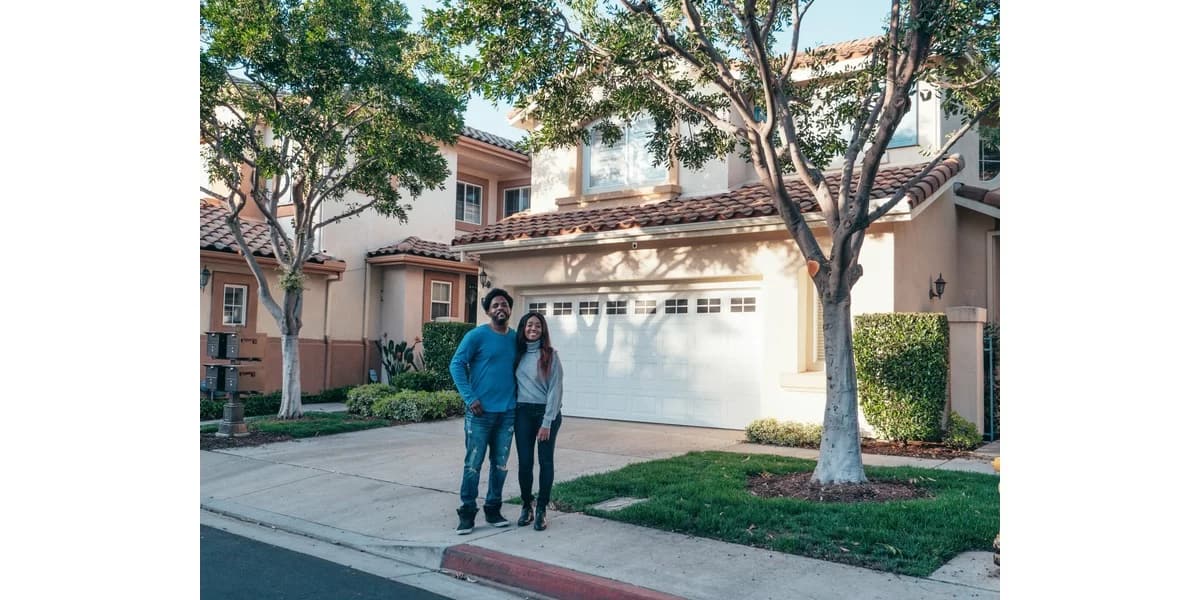This fact might come as a surprise, but buying an apartment typically does not mean owning the land on which it is built.
Buying an apartment, with its promise of urban convenience and chic skylines, might seem like a surefire path to owning a piece of real estate. But it’s important to understand that the charming unit you’ve set your sights on might not come with the patch of dirt it sits on.
Once and for all, let’s answer the question: if you buy an apartment, do you own the land?
Table of Contents
ToggleUnderstanding Property Rights in Apartment Buying
Here’s how property rights in apartment buying generally work:
Strata Title System
Most apartments in Australia are sold under a strata title system. This system allows for individual ownership of a part of a property (like an apartment) and shared ownership in the remaining areas (such as gardens, hallways, and facilities).
When you buy an apartment, you own the inside of your unit but share ownership of the common property with other apartment owners.
Common Property and Body Corporate
The land and other common areas are managed by a body corporate or owners’ corporation. As an apartment owner, you are a member of this body, which manages the common property, makes decisions about maintenance, and establishes rules for the complex.
Leasehold vs. Freehold
In some cases, you might encounter leasehold properties where you own the building or apartment but not the land. In contrast, freehold ownership, which is more common for standalone houses, involves owning both the building and the land.
Air Space Rights
When you buy an apartment, you are essentially buying ‘air space’ – the right to occupy a defined space within a building. The actual land is not part of your individual property.
Legal Framework and Ownership Rights
The legal framework governing apartment ownership and land rights in Australia is detailed and varies slightly between states and territories. It’s important to understand these details before making a purchase.
Investment Considerations
While you don’t own the land outright, owning an apartment in Australia can still be a valuable investment. The value of your apartment can increase over time, and you can earn rental income if you choose to lease it out.
Also read: The Dos and Don’ts of Buying Rental Property in Australia
Differences Between Owning an Apartment and Owning Land
Owning an apartment under a strata title and owning freehold land in Australia offer distinct sets of rights, responsibilities, and implications for property owners. Here’s a brief comparison of the two:
| Aspect | Apartment Ownership (Strata Title) | Land Ownership (Freehold) |
| Nature of Ownership | Owns the interior space or ‘air space’ of the apartment and shares common property. | Owns the land and any structures on it. |
| Control and Autonomy | Less autonomy, requires body corporate approval for changes. | Full control within local council regulations. |
| Management and Maintenance | Common areas managed by body corporate; regular levies for maintenance. | Sole responsibility for all maintenance and repairs. |
| Financial Implications | Regular fees for common property; potential special levies. | Higher initial purchase cost; responsible for all property expenses. |
| Legal and Community Aspects | Part of a community with shared decision-making; governed by strata laws. | Independent decision-making; subject to local government regulations. |
| Investment and Resale | Value influenced by the complex’s condition and management. | Potential for higher capital growth; value enhanced by property improvements. |
The Concept of Leasehold vs. Freehold Properties
The concept of leasehold vs. freehold properties is crucial in understanding property ownership, especially in countries like Australia. Here’s a breakdown of these two types of property ownership:
| Aspect | Leasehold Property | Freehold Property |
| Ownership Duration | Right to use and occupy for a set period (can be decades long). | Ownership is indefinite with no time limit. |
| Land Ownership | Do not own the land; it remains the property of the freeholder. | Own both the property and the land it stands on. |
| Lease Terms | Subject to conditions like ground rent and maintenance obligations. | No lease terms; complete autonomy within legal regulations. |
| Property Value | Value can decrease as the lease term diminishes. | Generally more stable, not affected by lease duration. |
| Renewal and Extension | Option to extend the lease, often involving costs. | Not applicable as ownership is indefinite. |
| Control and Responsibility | Less control; bound by lease agreement terms. | Full control over the property; responsible for all maintenance. |
| Financial Obligations | May include ground rent and service charges. | No ground rent or service charges. |
| Common Use | More common in multi-unit buildings like apartments. | Typical for standalone houses and sometimes entire apartment blocks. |
Common Misconceptions About Apartment Ownership and Land Rights
Several common misconceptions exist about apartment ownership and land rights, particularly regarding the strata title system.
Addressing these misconceptions is essential for anyone considering buying an apartment or navigating apartment ownership.
1. “Buying an Apartment Includes Ownership of the Land”
- Misconception: Many believe that buying an apartment means they also own the land it’s built on.
- Reality: In a strata scheme, while you own your individual apartment, the land is typically owned collectively as part of the common property.
2. “Strata Fees are Unnecessary or Excessively High”
- Misconception: Some apartment owners think that strata fees are an unnecessary expense or that they are too high.
- Reality: Strata fees cover essential services like maintenance of common areas, building insurance, and administrative costs. These fees are crucial for the upkeep and value preservation of the property.
3. “Complete Autonomy in Apartment Renovations”
- Misconception: Apartment owners sometimes assume they can renovate their apartment however they like.
- Reality: Renovations often require approval from the corporate body, especially if they impact the building’s structure or common property.
4. “Strata Decisions Can Be Made Independently”
- Misconception: There’s a belief that individual owners can make decisions about common property or building issues.
- Reality: Major decisions about the common property must be made collectively by the corporate body or owners’ corporation.
5. “Strata Title Equals Less Investment Value”
- Misconception: A common belief is that apartments under a strata title are a poorer investment compared to standalone properties.
- Reality: While investment dynamics differ, apartments can be lucrative investments, often offering high rental yields and located in desirable urban areas.
6. “No Control Over Common Property”
- Misconception: Owners sometimes feel they have no say over common property management.
- Reality: Although not as influential as making decisions independently, being a member of the corporate body allows each owner to have a say in decisions regarding common property.
If You Buy an Apartment, Do You Own the Land?
Confused about apartment ownership and land rights? It’s a common question: if you buy an apartment, do you own the land? The answer isn’t straightforward. At CJC Law, we make it easy to understand.
Our experts guide you through the complexities of property rights, helping you make smart decisions. Don’t navigate this alone – let CJC Law clarify your ownership rights today. Simple, clear advice is just a call away.




